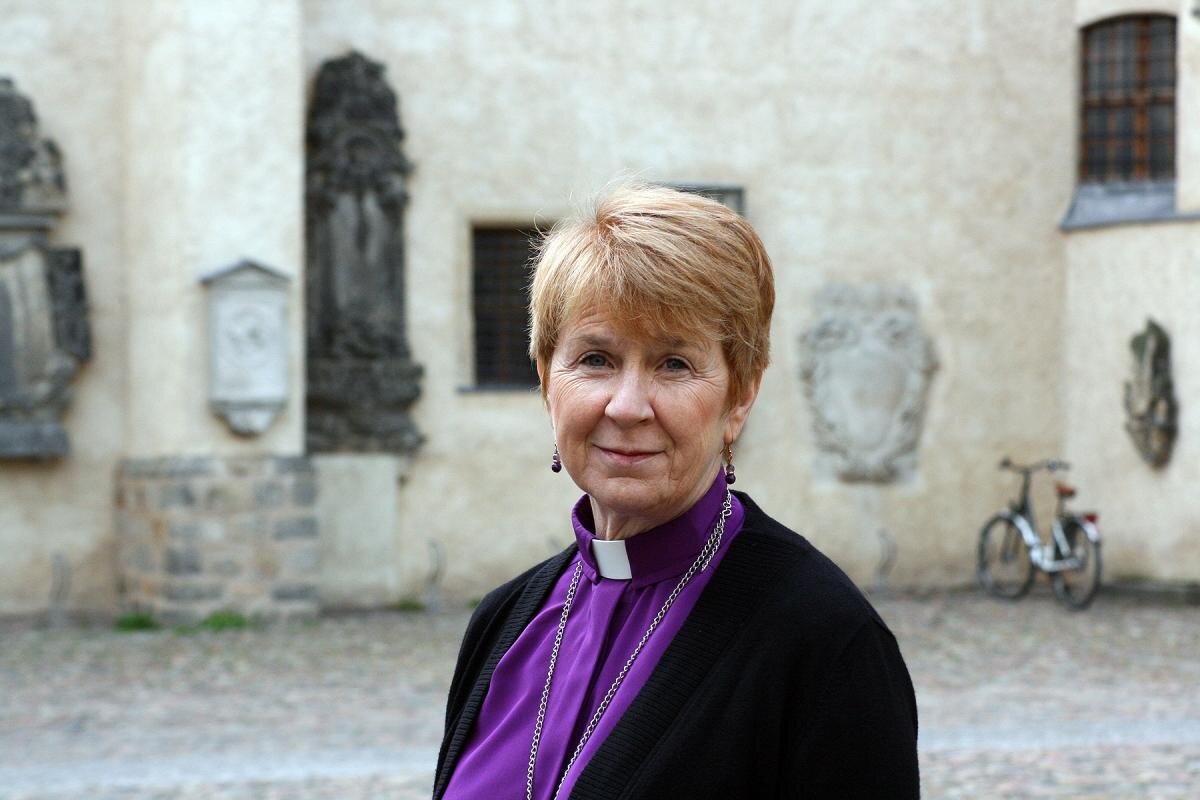Bishop Hutterer: The Forgotten Luther
“But the wisdom from above is first pure, then peaceable, gentle, willing to yield, full of mercy and good fruits, without a trace of partiality or hypocrisy.”
Luther Before the Diet of Worms by Anton von Werner (1843–1915)
Every Monday morning, up to a dozen of the Office of the Bishop staff gather to check in and briefly share what’s going on in our personal and professional lives. During the pandemic, we were doing this daily. For a team that’s spread out across Region 2, these morning meetings are invaluable for team cohesion and a sense of belonging during isolating times.
Some of these mornings are devoted to discussing books or articles we are reading as a group. Recently, one of our most dynamic discussions occurred when discussing The Forgotten Luther, a series of three books edited variously by Carter Lindberg, Paul Wee, Ryan P. Cumming, and Conrad Braaten.
True to its name, the premise of the series is to reclaim the Martin Luther’s oft-forgotten voice for socio-economic justice. Martin Luther addressed the crises of the day on the basis of Scripture with pioneering theology. The series calls us to do the same.
We were particularly animated discussing Chapter 5 of the first book, written by Dr. Gordon “Tim” Huffman. According to Huffman, “Economics, politics, and sociology are at the very center of the theological task. Not to understand them and their role in the societies around the world guarantees inadequate theology.”
Our team explored and grappled with Huffman’s ideas: how Luther’s theology has spread beyond Lutherans and influenced Christianity throughout the world; how our international economic order can be seen as either idolatrous or even demonic; and how modern Lutherans embrace justification by grace through faith, yet often forget the next move, from justification to justice.
I encourage you to get a copy of any of the books in the series. Fortress Press links to the three books are here: Forgotten Luther 1, 2, and 3. All books have study guides and questions, and feature authors familiar to us in Region 2, including Dr. Cynthia Moe-Lobeda of Pacific Lutheran Theological Seminary and Rev. Conrad Braaten, a member of Christ Lutheran in Sedona.
Once you’ve read the book, or if you’ve already read the book, please share with me what you think. How has the book changed for you what it means to be Lutheran? What actions has it led to? Where in our modern world do you see Martin Luther’s ideas still having influence?
We are blessed to be part of a church and heritage where God continues to use us, fallible human beings, to change the world. With gratitude, let us pray:
“Gracious and holy God, give us diligence to seek you, wisdom to perceive you, and patience to wait for you. Grant us, O God, a mind to meditate on you; eyes to behold you; ears to listen for your word; a heart to love you; and a life to proclaim you; through the power of the Spirit of Jesus Christ, our Savior and Lord.”
The Rev. Deborah K. Hutterer
Bishop
Grand Canyon Synod of the ELCA



